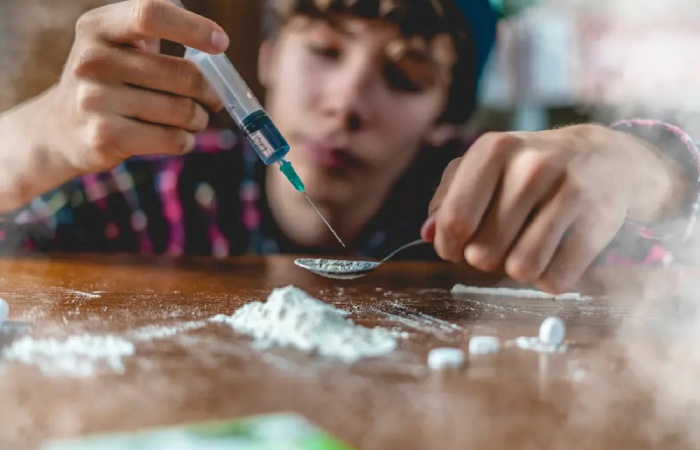Addiction affects every feature of a person’s life Emotional Well-being, from physical health to relationships and careers. However, one of the most critical but often overlooked areas that addiction affects is well-being. The relationship between addiction and emotional health is complex because addiction usually arises from underlying emotional pain and, in turn, exacerbates it.
Many people turn to substances as a means of coping with stress, anxiety, or trauma, only to find that their state deteriorates further as addiction takes hold. Comprehensive addiction treatment must address both the physical and aspects of the disease for effective long-term recovery.
In many addiction treatment programs, especially in drug treatment, there is increasing emphasis on understanding and healing the wounds that fuel substance use. This holistic approach recognizes that the road to recovery involves much more than detoxification; it requires emotional rehabilitation to ensure that people can regain control over their lives and mental health.
The Emotional Toll of Addiction

Addiction and emotional well-being are intertwined in a damaging cycle. Often, people struggling with addiction find their emotional health deteriorating rapidly, leading to increased feelings of guilt, shame, and despair. Substances such as alcohol or drugs may initially numb emotional pain, providing temporary relief. However, as addiction becomes more robust, the brain’s reward system changes, leading to increased instability.
In the context of addiction treatment, people often report feelings of disconnection, anxiety, and an inability to find joy in life without substances Emotional Well-being.
These problems can be exacerbated by the social stigma surrounding addiction, which often prevents people from seeking help. Without addressing these deep emotional wounds, addiction treatment may offer only temporary respite, leaving people vulnerable to relapse.
How Addiction Affects the Brain’s Emotional Centers
The brain plays an important role in adaptable emotions, and addiction significantly changes brain chemistry. Substances like alcohol, opioids, and stimulants hijack the brain’s reward centers, flooding it with dopamine and creating an artificial sense of pleasure Well-being.
Over time, the brain depends on these substances to feel normal, leading to instability in their absence. This roller coaster is one reason drug addiction treatment focuses heavily on both physical detoxification and regulation.
As the brain adapts to chronic substance use, it becomes less able to naturally produce neurotransmitters associated with feelings of happiness and expressive stability. This leads to emotional numbness, anxiety, depression, and, in many cases, an increased risk of mental health disorders. Emotional stress is a leading cause of relapse, highlighting the position of integrating emotional healing into addiction treatment.
The Role of Trauma in Drug Addiction

pain caused by past events, whether childhood abuse, loss, or neglect, can lead people to use substances as a coping mechanism. Drug treatment and other drug recovery programs must recognize the role of trauma in drug addiction.
Without addressing these underlying scars, people may find it difficult to break free from the cycle of addiction. By overcoming these traumas Well-being, people can better understand the expressive triggers that lead to substance use and develop healthier coping mechanisms Well-being.

